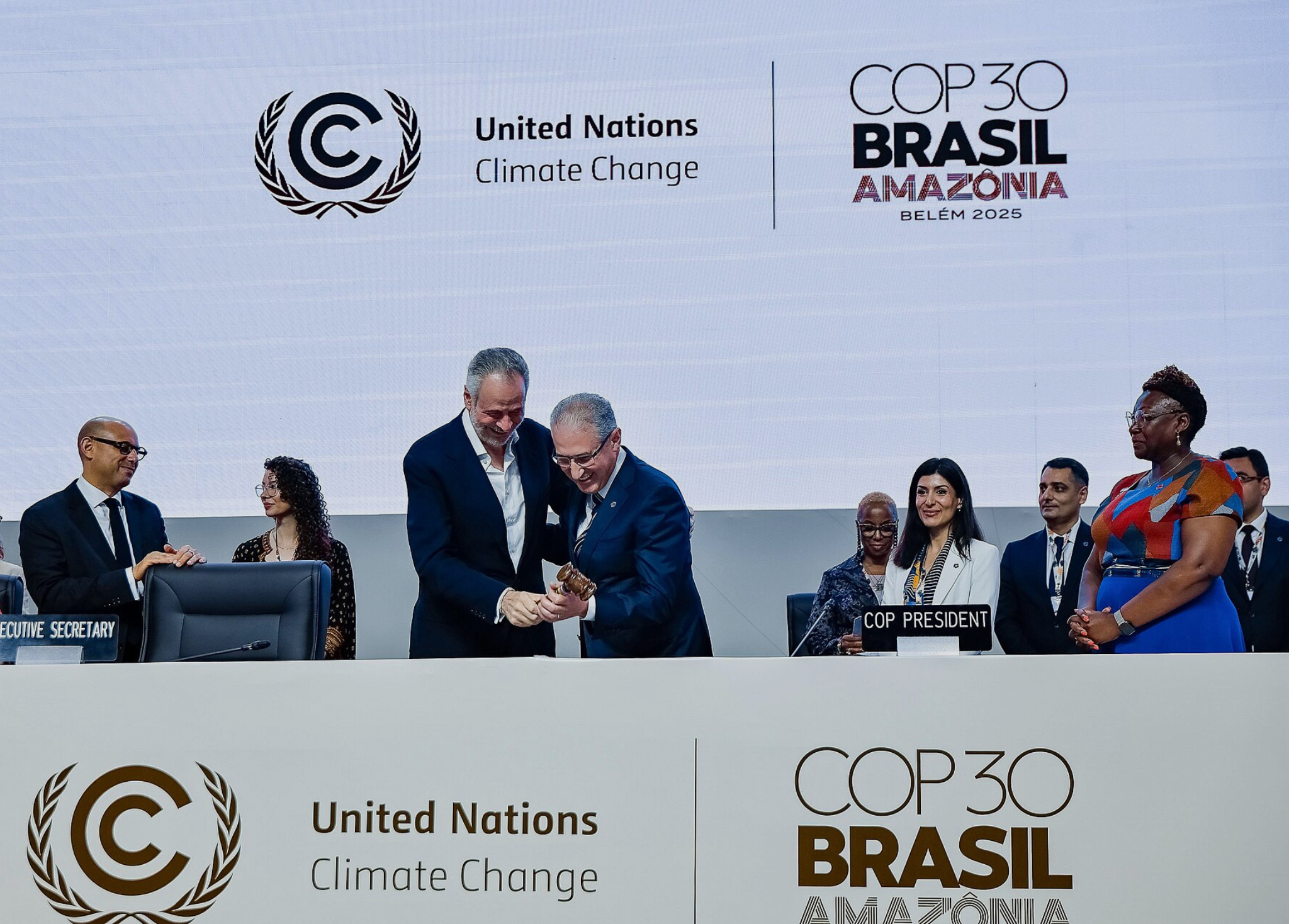Written by Jia Yin Chen and Luc van de Goor
Crucially, countering cognitive warfare is not just about timely dissemination of factual counter-narratives. It must also build each citizen’s defences against disinformation — making them more skeptical of the information they receive and willing to actively verify it or debunk it.
Read More












